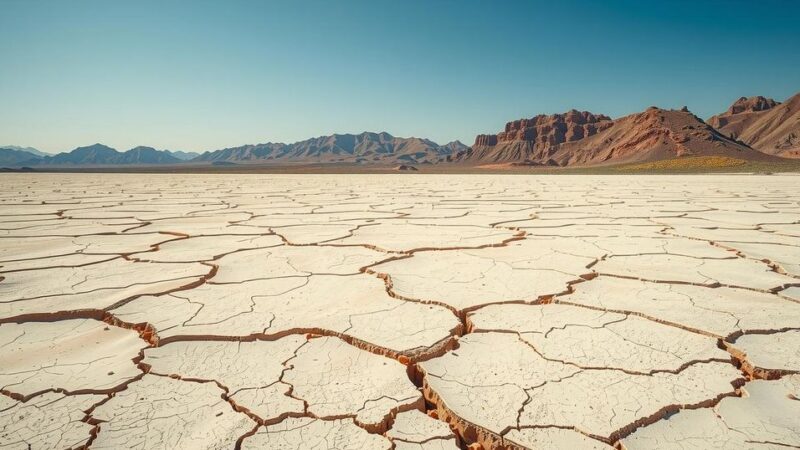Saul Luciano Lliuya, a Peruvian farmer, is suing RWE for climate justice, seeking contributions for flood defenses. Claiming RWE’s emissions contribute to local risks, Lliuya hopes to highlight corporate accountability for climate change impacts. Ongoing hearings in Germany could redefine legal perspectives on environmental responsibility.
A Peruvian farmer, Saul Luciano Lliuya, is suing German energy company RWE, demanding accountability for climate change impacts. He believes RWE should contribute 17,000 euros towards flood defenses for his hometown, Huaraz, as the company is one of the largest CO2 emitters globally. Lliuya’s lawsuit emphasizes the urgent risks of glacier lake overflow due to climate-induced temperature rises, affecting over 50,000 local residents.
Initially filed in 2015, Lliuya’s case was dismissed in 2016, but an appeal was allowed by a Hamm court in 2017. Following pandemic delays, hearings are set to occur soon to determine the flood risk to Lliuya’s property based on expert evidence from 2022. If affirmed, a future hearing will discuss RWE’s liability for climate-related damages.
Lliuya’s claim is informed by a study indicating that RWE’s emissions account for 0.47% of global carbon outputs since industrialization. He argues that RWE should thus pay a corresponding share of the estimated 3.5 million euros needed to reduce the water levels of Lake Palcacocha. RWE’s operations span multiple energy sources, including fossil fuels and renewables.
Germanwatch, an advocacy group supporting Lliuya, highlighted the farmers’ frustration stating that they have not contributed to climate change but are facing its consequences. However, RWE argues that such a ruling could legally impose liability for foreign environmental damages upon companies under German law, complicating the social and political implications.
The original dismissal of the case by the Essen court underscored challenges in linking specific emissions to defined damages. The current Hamm hearing could change this perspective at a time when numerous climate-damage lawsuits are underway globally, reflecting a growing trend in holding corporations accountable for climate-related impacts.
Saul Luciano Lliuya’s legal battle against RWE marks a significant attempt to address corporate responsibility for climate change. By seeking financial contributions for flood defenses, Lliuya highlights the dangers faced by communities affected by climate impacts resulting from global emissions. With ongoing hearings, the case could set a precedent for corporate liability concerning foreign environmental damages.
Original Source: www.cnhinews.com






